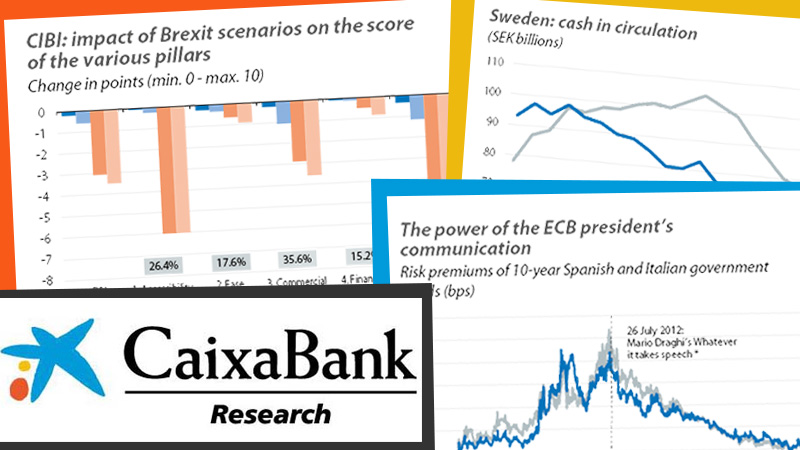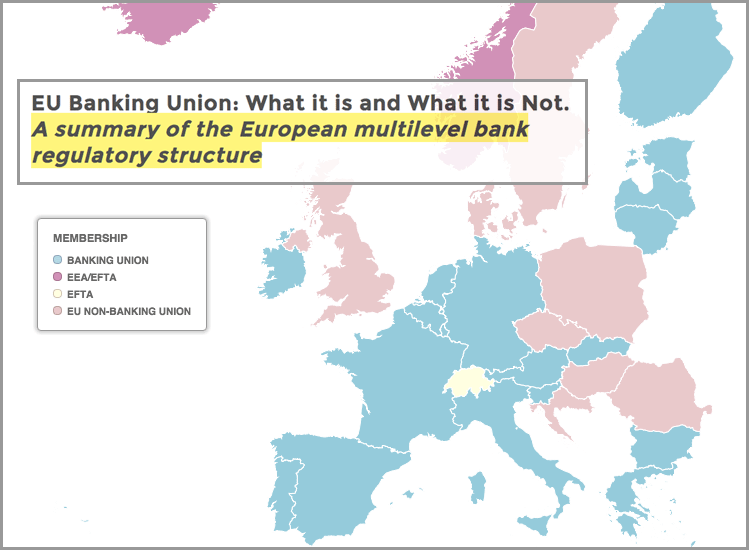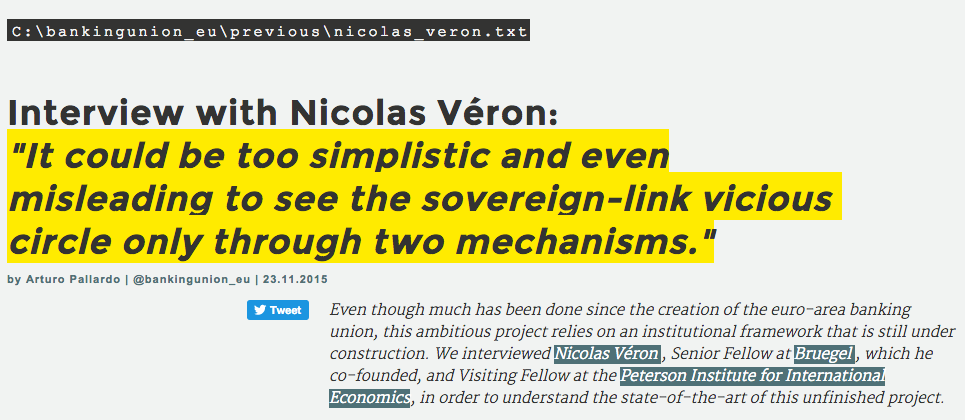
It’s time once again to check in with Barcelona GSE Alumni who are now Economists and Senior Economists at CaixaBank Research in Barcelona. As part of their duties, they regularly publish working papers and reports on a range of topics. Below are some of their latest contributions.
(If you’re a Barcelona GSE alum and you’re also writing about Economics, Finance, or Data Science, let us know where we can find your stuff!)
The «sense and sensibility» of the ECB’s communication
Gabriel L. Ramos ’19 (Finance) and Adrià Morron ’12 (Economics)
Communication is one of the most powerful monetary policy tools. For this reason, CaixaBank Research has developed an index to measure the sentiment of the ECB’s statements.Our ECB sentiment index shows a strong correlation with euro area economic activity indicators and foresees changes in the reference interest rate. The index notes a significant deterioration in ECB sentiment between late 2017 and Q3 2019 and shows how geopolitical uncertainty has affected the ECB’s view of the economic outlook.
The United Kingdom’s potential for Spain after Brexit
Javier Ibañez de Aldecoa ’18 (Economics) with Claudia Canals and Josep Mestres Domènech
In this article, we analyse the extent to which it will be more difficult for Spanish companies to establish relations for international expansion with the United Kingdom following Brexit. We use the CaixaBank Index for Business Internationalisation (CIBI), which classifies foreign countries according to the potential for internationalisation they offer for Spanish companies, and we analyse the impact of the four Brexit scenarios put forward by the Bank of England.
The e-monetary policy of the new digital economy
Adrià Morron ’12 (Economics) and Ricard Murillo ’17 (International Trade, Finance and Development)
Digital technologies permeate the debate on the future of the economy. Monetary policy and its main vehicle, money, are no exception. More and more products are sold over the internet and cash is used less and less. This new digital economy creates new demands on the financial sector and digital money emerges as a new means of payment that appeals to consumers. How does all this affect monetary policy? What can central banks do (and what are they doing) about it?
The farewell of (Super) Mario Draghi
Adrià Morron ’12 (Economics)
Mario Draghi ends his eight-year mandate at the ECB on October 31, leaving the central bank at the cutting edge of monetary policy. Under Draghi’s leadership, the ECB has offered significant support to the recovery of the euro area. However, the latest measures have raised doubts over the margin for action and effectiveness of monetary policy. Christine Lagarde, with a less technical profile but a vision of continuity in monetary policy, will take over in a sombre economic environment in which signs of fragmentation between ECB members have appeared.
Source: CaixaBank Research







